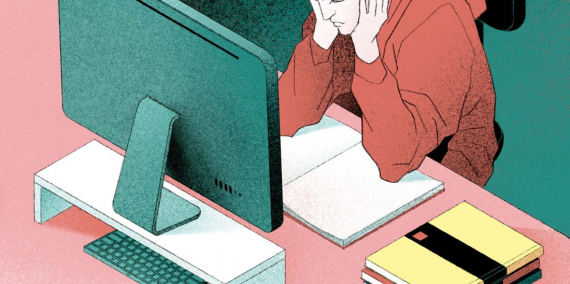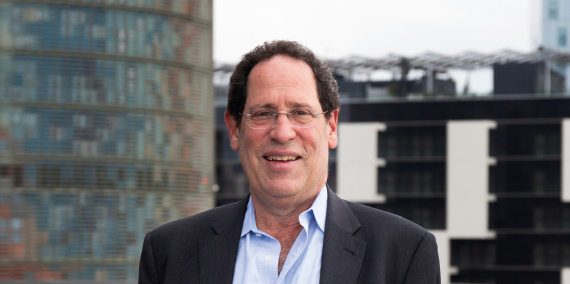SubjectTechnology, innovation and knowledge

Faced with the need to leave no one behind, cities are giving impetus to projects that advocate for digital inclusion, facilitating access to new technologies and their use. To...

The population’s digitalisation does not take place at the same pace for everyone: young people are better able to acquire digital skills than older people. Intergenerational...

The digital divide extends beyond access to technologies and basic knowledge of how they work. The most invisible divide concerns uses. Education in digitisation must support people to...

Senior citizens are among the groups most affected by unequal access to and use of digital financial and banking tools, but they are not the only one. Basic discrimination, poor capacity...

The usual factors of inequality that have always existed (social class, age, gender, education, environment) determine not only access, but also the capacity to develop fully in the...

Fulfilling fundamental rights such as employment, training, health and citizen participation calls for access to a high-speed connection and advanced digital skills. Now that...

Bruce Katz defines himself as an interdisciplinary urban planner, and is a great advocate of cities’ problem-solving capacity in the face of today’s global challenges. Classified by his...

More and more aspects of life rely on digital skills. We now know that guaranteeing internet access with high-speed networks does not suffice. Added to the social, cultural and gender...
The newsletter
Subscribe to our newsletter to keep up to date with Barcelona Metròpolis' new developments


